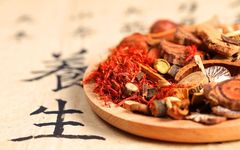The famous physician of the Ming Dynasty, Li Shizhen, stated in the “Compendium of Materia Medica”: “In ancient times, when men married, they sought to have offspring. Angelica Sinensis (Dang Gui) regulates the blood and is a necessary herb for women, symbolizing the longing for a husband, hence the name ‘Dang Gui.'”
Story of Angelica Sinensis
It is said that in ancient times, there was a young herbalist who had just married. Due to the pressures of life, he left his beloved wife to gather herbs in the deep mountains. Before parting, the herbalist promised his wife that he would return home within three years; if he did not return, she could remarry.
Time passed quickly, and three years had gone by. The wife, anxiously waiting, became worried and suffered from Qi and blood deficiency, developing a serious gynecological condition. Believing her husband was likely dead after three years, she reluctantly remarried.
Unexpectedly, shortly after her remarriage, the herbalist returned home. Upon learning that his wife had remarried, he regretted not returning on time. He then sent someone to meet his ex-wife and, upon discovering her illness, gifted her some medicinal herbs. Following his instructions and taking the herbs for a few days, she improved and eventually recovered.
To remember the lesson of the herbalist’s delayed return, people named this herb “Dang Gui.” Since then, Dang Gui has also represented a sense of longing and concern.
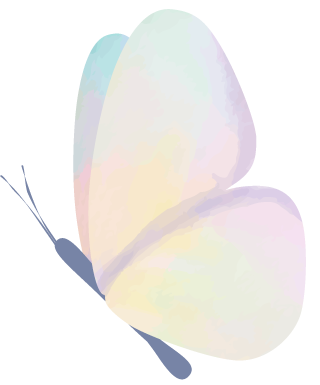
Angelica Sinensis is the “King of Blood Tonics”
“Nine out of ten return”
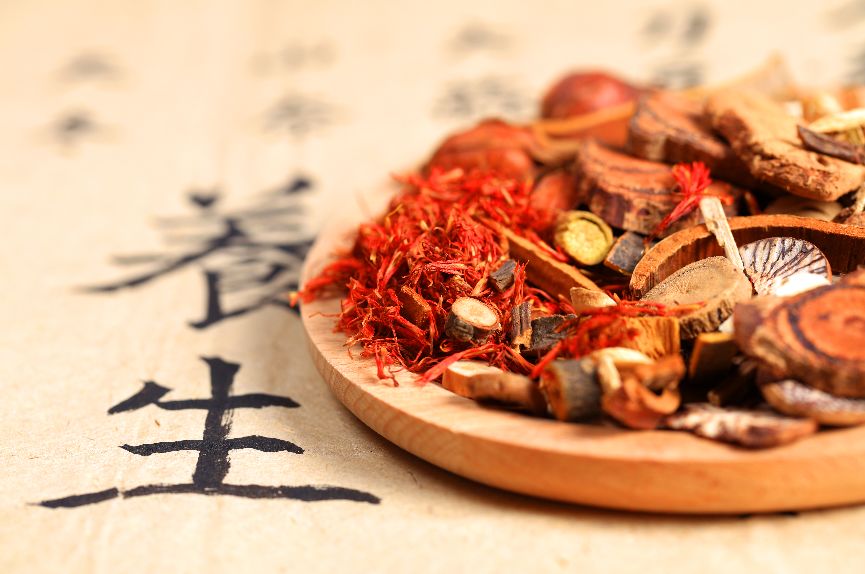
Angelica Sinensis is one of the most beloved herbs of ancient times, known for the saying “Nine out of ten return” and referred to as the “King of Herbs.”
Angelica Sinensis is characterized as “mild” in nature, capable of invigorating and tonifying blood, regulating menstruation, and promoting bowel movements. According to the “Chinese Pharmacopoeia,” Angelica Sinensis “enters the heart, liver, and spleen meridians,” effectively “tonifying and invigorating blood, moistening the intestines, regulating menstruation, and alleviating pain.” It is renowned as the “Holy Herb for Women” and can be considered a “friend of women”. It can be used by women from the age of 20 to 80, and today I will teach you how to use it!
01
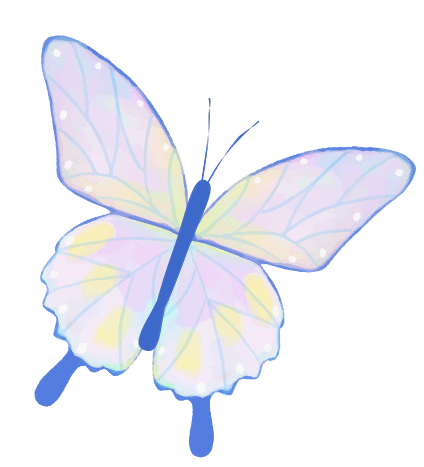
Young Women Aged 15-30: Regulating Menstruation and Alleviating Pain
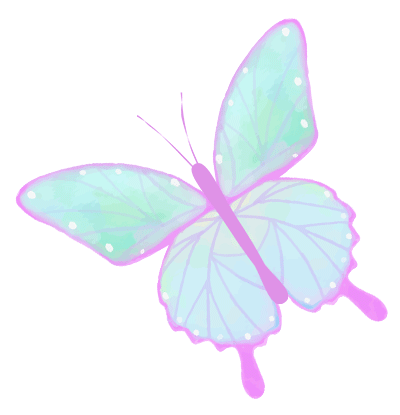
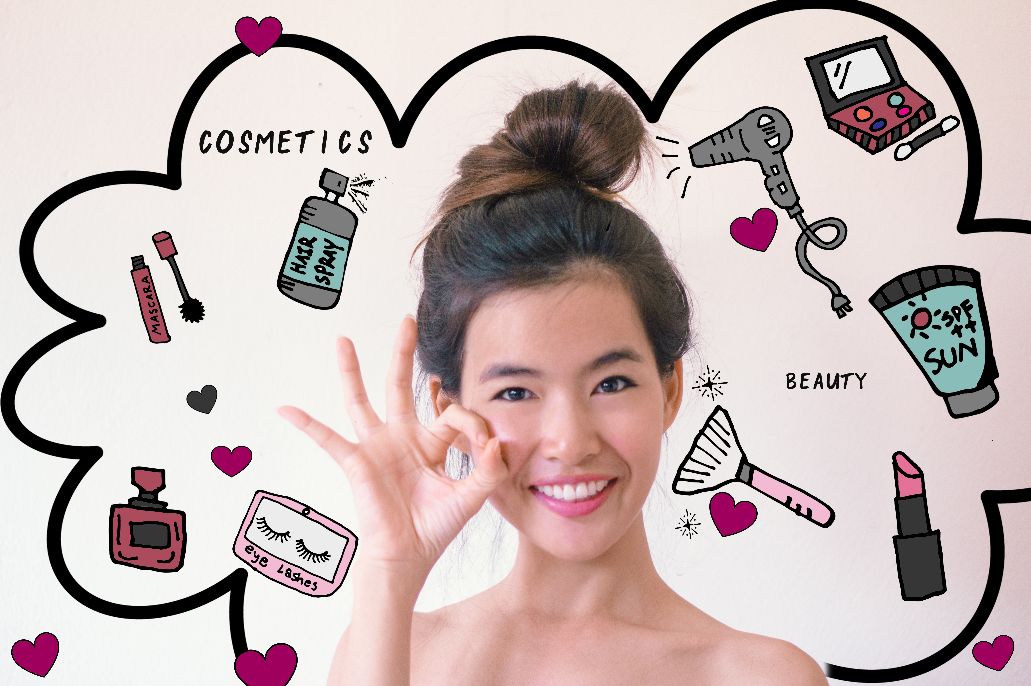
Many women between the ages of 15 and 30 experience varying degrees of menstrual discomfort. Dysmenorrhea is a manifestation of blood stasis; when there is no flow, there is pain. Modern studies have shown that Angelica Sinensis can inhibit platelet aggregation and relieve uterine smooth muscle spasms, thus invigorating blood and resolving stasis.
The Song Dynasty’s “Formulas for Benefiting the People” recorded a classic blood-tonifying formula—Four Substance Decoction (Si Wu Tang), hailed as the “First Formula for Gynecology,” is the premier blood tonic formula, consisting of 10 grams of Angelica Sinensis, 12 grams of Rehmannia (Shu Di Huang), 12 grams of White Peony (Bai Shao), and 8 grams of Chuanxiong (Chuan Xiong), decocted in water for consumption.
In this formula, Angelica Sinensis invigorates blood and regulates menstruation, Rehmannia nourishes Yin blood, White Peony both nourishes Yin blood and invigorates blood, and Chuanxiong invigorates blood and alleviates pain. Together, they have a remarkable effect on tonifying blood, invigorating blood, and regulating menstruation.
02

Middle-aged Women Aged 40-50: Invigorating Blood and Beautifying the Skin

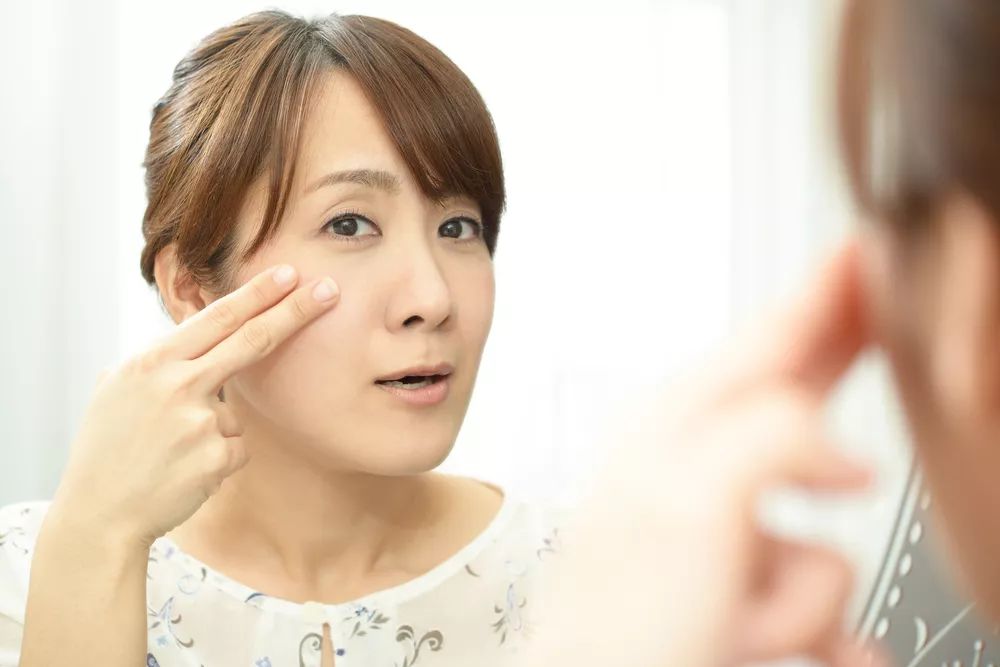
As women reach middle age, issues such as amenorrhea (the absence of menstruation in women who have not reached menopause), melasma, and butterfly spots may quietly arise.
Angelica Sinensis not only has the effect of invigorating blood to treat gynecological blood stasis diseases but also promotes blood circulation, keeping the blood flowing smoothly, which enhances complexion and gives a rosy glow. Sun Simiao recorded in the “Prescriptions Worth a Thousand Gold” that Angelica Sinensis is an anti-aging, spot-reducing, and beautifying herb for women.
At this time, one can use Codonopsis (Dang Shen) combined with Angelica Sinensis and Astragalus (Huang Qi) with brown sugar to brew and drink together, which can help tonify the spleen, boost Qi, and invigorate blood.
03

Older Women Aged 60-80: Nourishing Blood and Qi


As people age, they are prone to weakness, Qi deficiency, and blood deficiency. Angelica Sinensis can invigorate blood and resolve stasis while also having a strong blood-tonifying effect. In terms of blood tonification, Angelica Sinensis is particularly suitable for those with blood deficiency or low blood levels. Symptoms of blood deficiency include pale or sallow complexion, dizziness, and easy fatigue.
Historically, a famous formula for tonifying blood with Angelica Sinensis is the Angelica Sinensis Blood-Tonifying Decoction, created by Li Dongyuan during the Jin and Yuan dynasties in the “Treatise on Internal and External Injuries.” It is a Qi and blood tonifying formula composed of Astragalus and Angelica Sinensis in a 5:1 ratio, such as 30 grams of Astragalus and 6 grams of Angelica Sinensis, taken warm on an empty stomach.
In this formula, Astragalus greatly tonifies the Qi of the spleen and lungs, serving as the source of Qi and blood; Angelica Sinensis nourishes blood and the nutritive Qi, enriching the materials for blood production, thus promoting Yang and nourishing Yin, leading to abundant Qi and blood.
04

Can Men Consume It?


Of course!
Although Angelica Sinensis is known as the “friend of gynecology,” it is not exclusively suitable for women. The reason it is more commonly used by women is that they are more prone to blood loss.
In fact, adult men can also experience blood deficiency, often due to high work stress, excessive worry leading to mental strain, or due to spleen and stomach weakness and insufficient nutrition leading to reduced blood production, or due to chronic illness and consumption leading to blood depletion.
“Blood tonification” is not limited by gender; Angelica Sinensis, which can both tonify and invigorate blood, is naturally a good herb suitable for both men and women.

